News
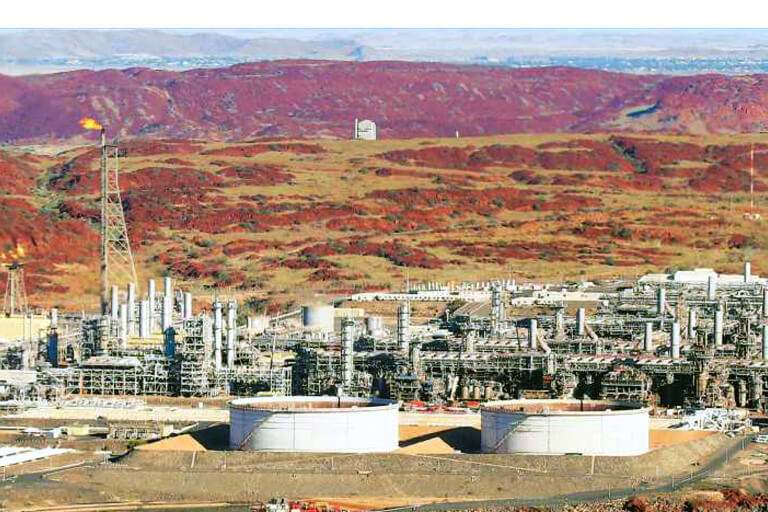
Fend for your shelf
State’s biggest resources project left hanging for 749 days as Woodside waits for outcome of environmental appeal.
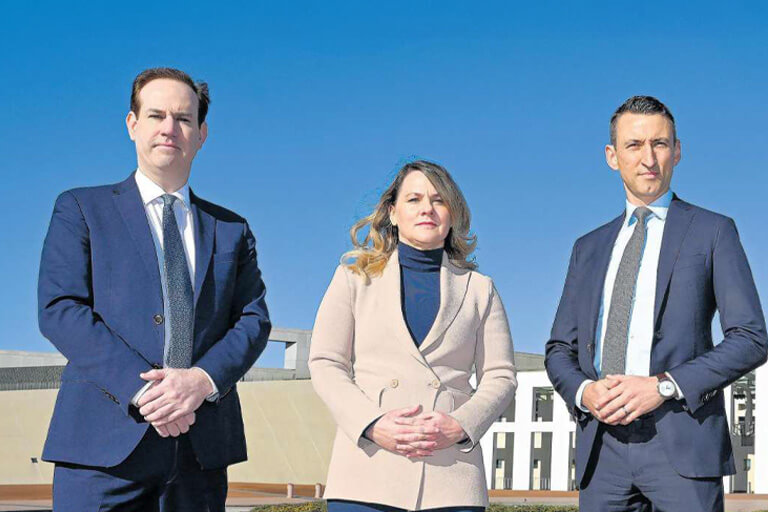
No positives in it for us
Australian business heads to Canberra’s halls of power to unite against radical environmental law reforms.

Banks struggle to fulfil core role
A bank that doesn’t lend money is as useless as a pub with no beer.

Mining boss calls for policy changes with more jobs in danger
Chamber of Minerals and Energy WA boss Rebecca Tomkinson said governments needed to respond and alter policy settings in the face of structural changes in mining and potential downturns in commodity prices.
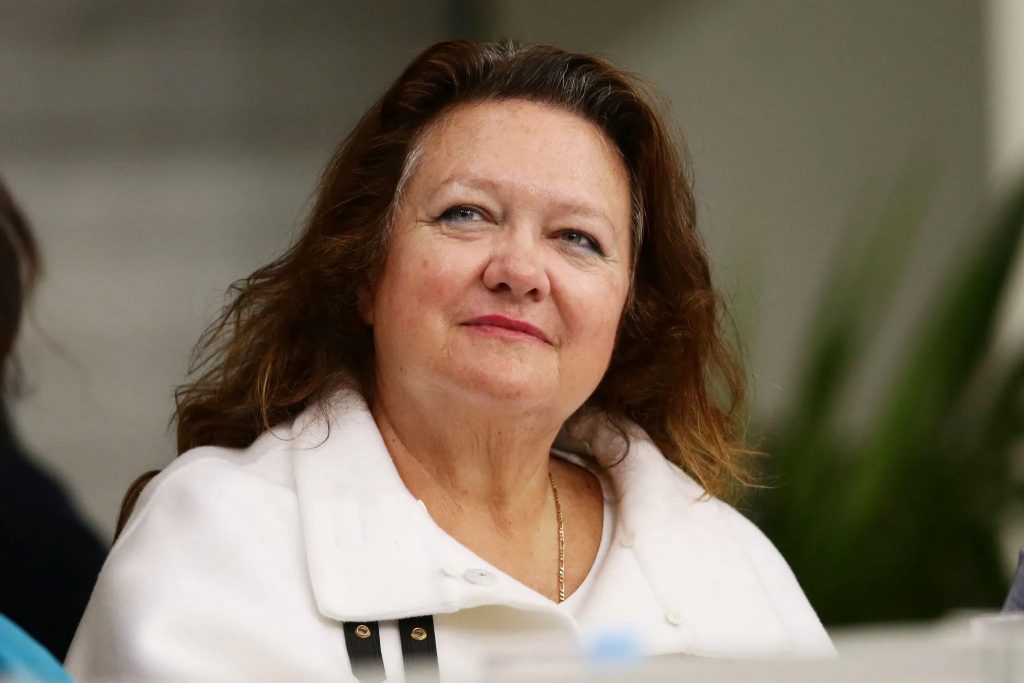
Gina Rinehart calls on Australians to act for the future of the country – here’s how
Australians should be constantly questioning our governments, are your policies going to lift our country up, or are they going to drag us down? Will your policies improve our living standards, or drag them down?
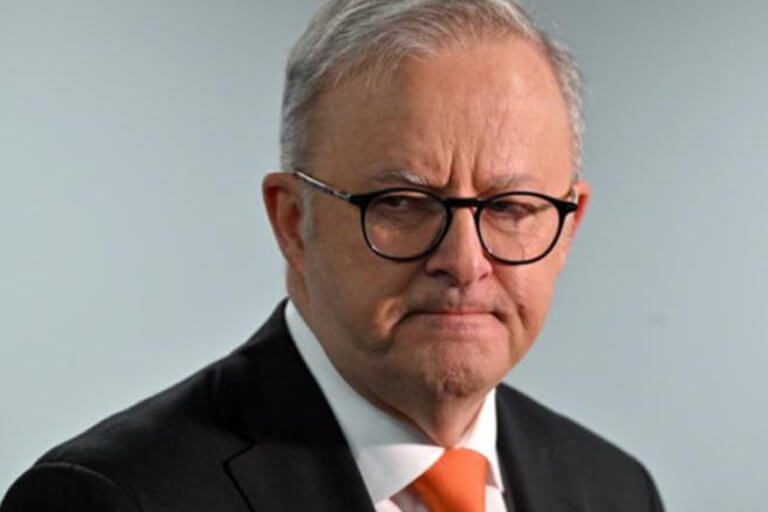
EDITORIAL: Nature Positive laws will sacrifice the economy for political zealots’ green doctrine
The letter sent to the Prime Minister, bypassing his Environment Minister Tanya Plibersek, was signed by seven of Australia’s biggest names in business, including Rio Tinto’s iron ore boss Simon Trott and Hancock Prospecting chief executive Garry Korte.
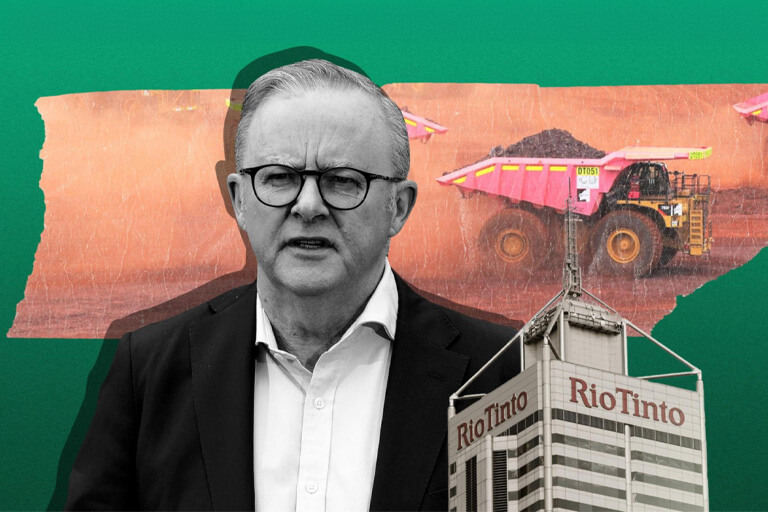
Nature Positive laws: Mining heavyweights urge PM to intervene on controversial environmental plan
Hancock Prospecting chief executive Garry Korte and Rio Tinto iron ore boss Simon Trott were among seven signatories to a letter to Mr Albanese detailing “serious concerns” with the planned shakeup of environmental laws and the closed-door consultation process used to design it.

Hancock ups stake in $5bn magnetite project
Gina Rinehart’s Hancock Prospecting and its joint venture partners have put a $5 billion price tag on developing a major magnetite mine in the Yilgarn.
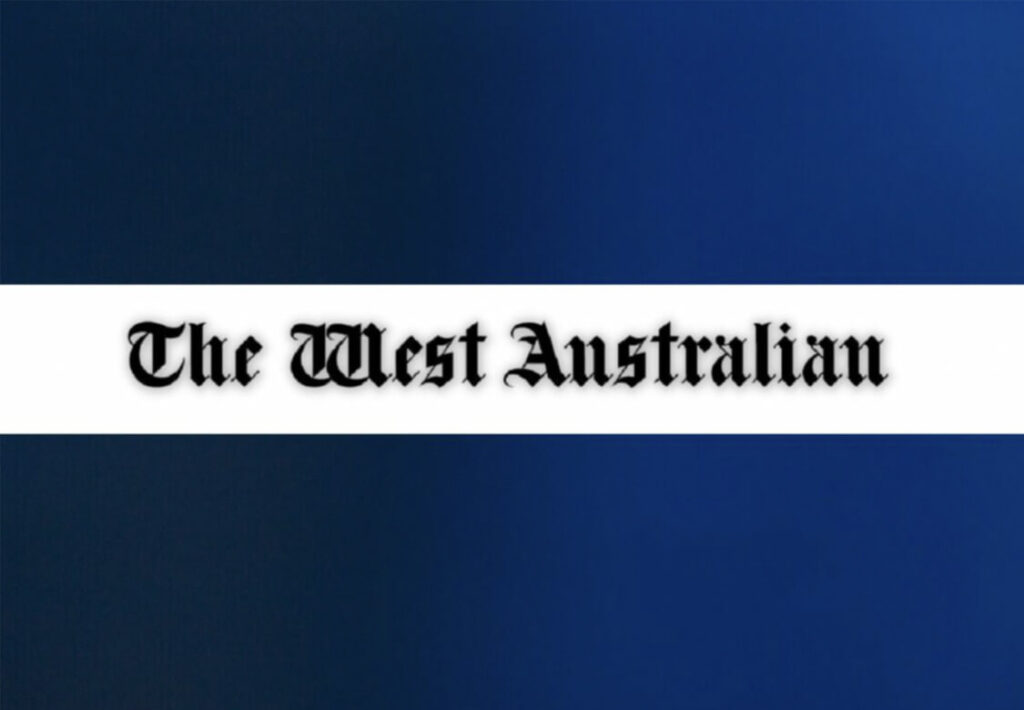
Gina Rinehart’s Hancock Prospecting becomes the major owner of $5b magnetite development in the Yilgarn
Mining billionaire Gina Rinehart and the Indian government are inching closer towards bringing a huge magnetite operation in the Central Yilgarn region to life.
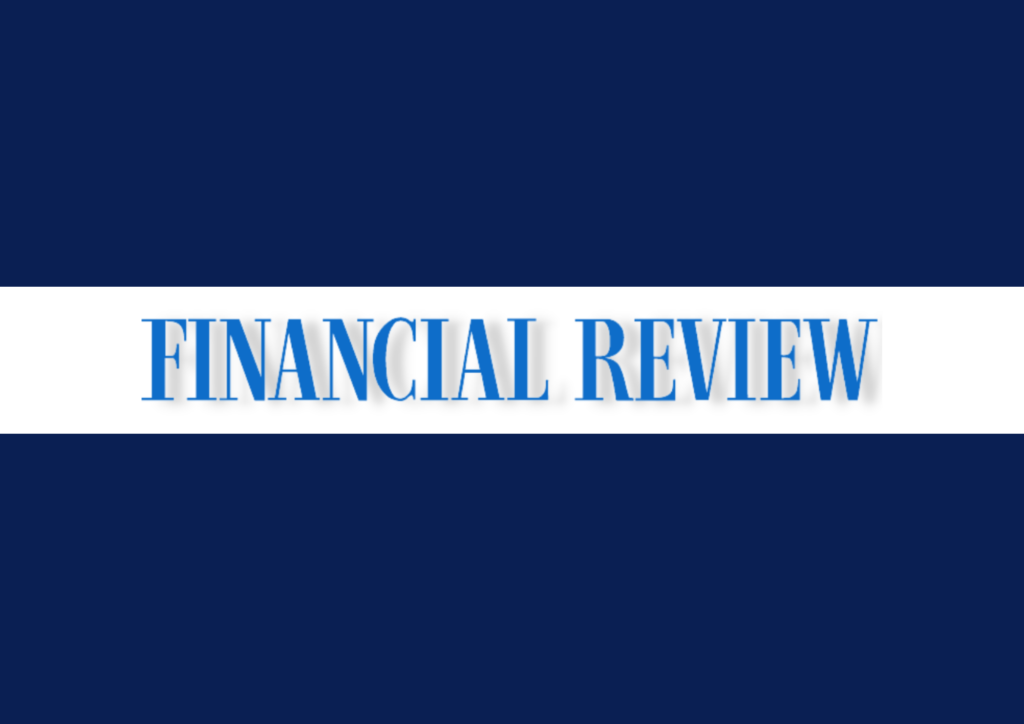
Rinehart boosts stake in $5b WA magnetite project linked to India
Gina Rinehart’s Hancock Prospecting has moved a step closer to developing a $5 billion magnetite project in Western Australia capitalising on support from the Indian government.

‘Deeply concerned’: CCIWA decries Federal Government’s proposed Nature Positive approvals overhaul
Almost half of businesses have no faith that Canberra bureaucrats can handle an environmental approvals system and would consider ditching major projects if timelines drag out any longer, a major survey has found.
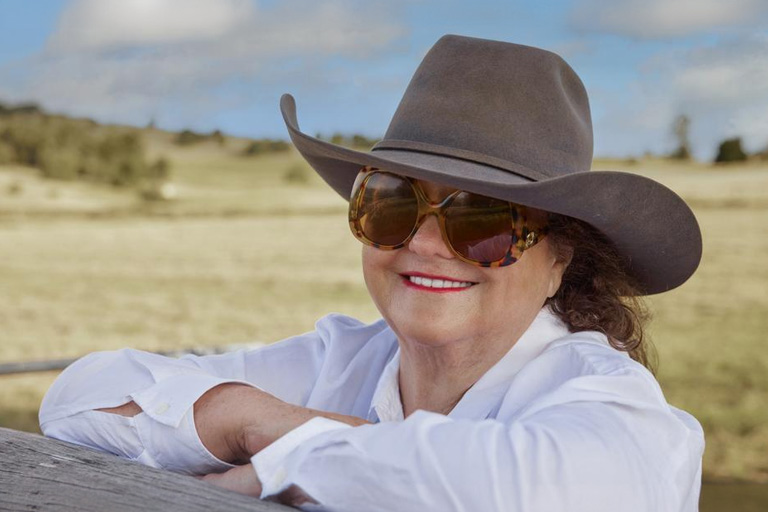
Australians should pressure all politicians to put us on the up path, says Gina Rinehart
Billionaire miner and investor Gina Rinehart wants Australians to keep their pressure up on politicians and says she uses only her influence to encourage policies which are clearly pro-Australia.